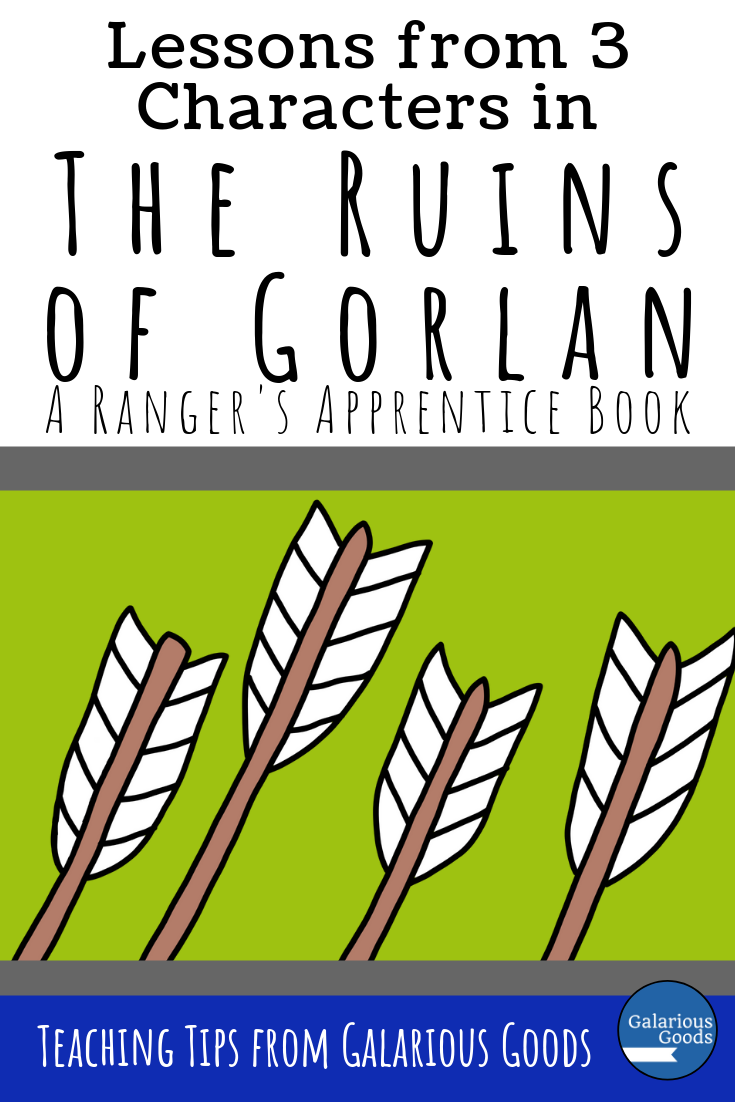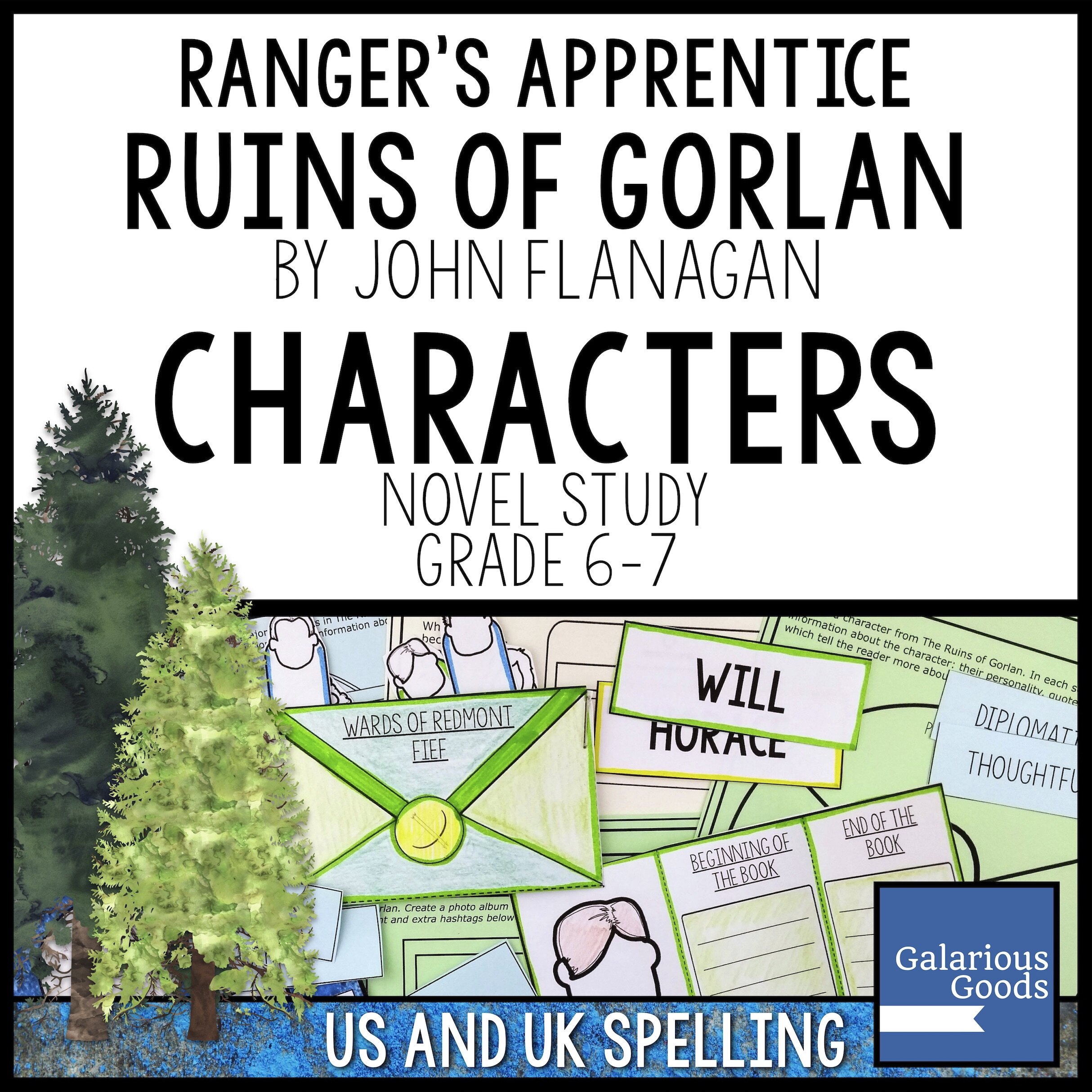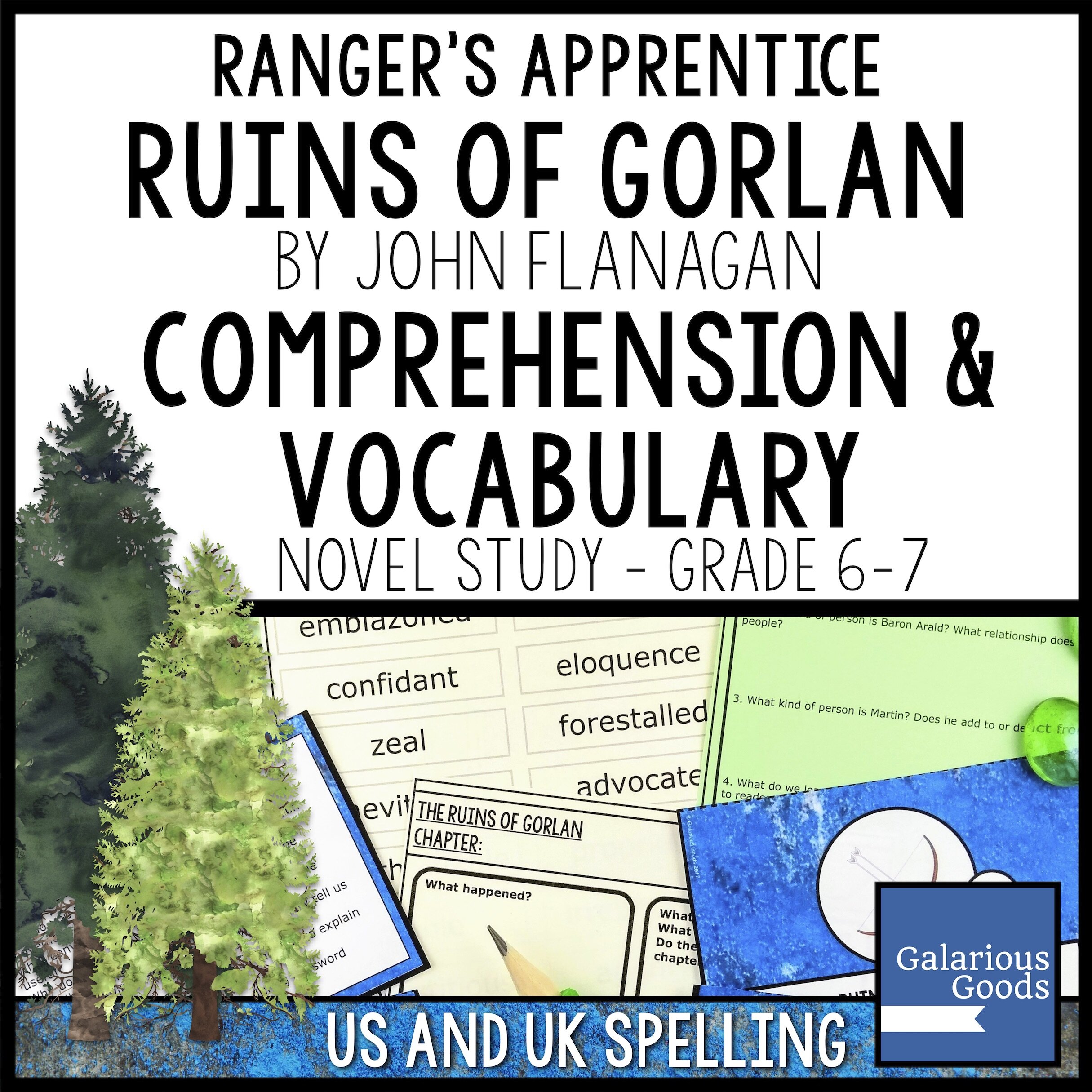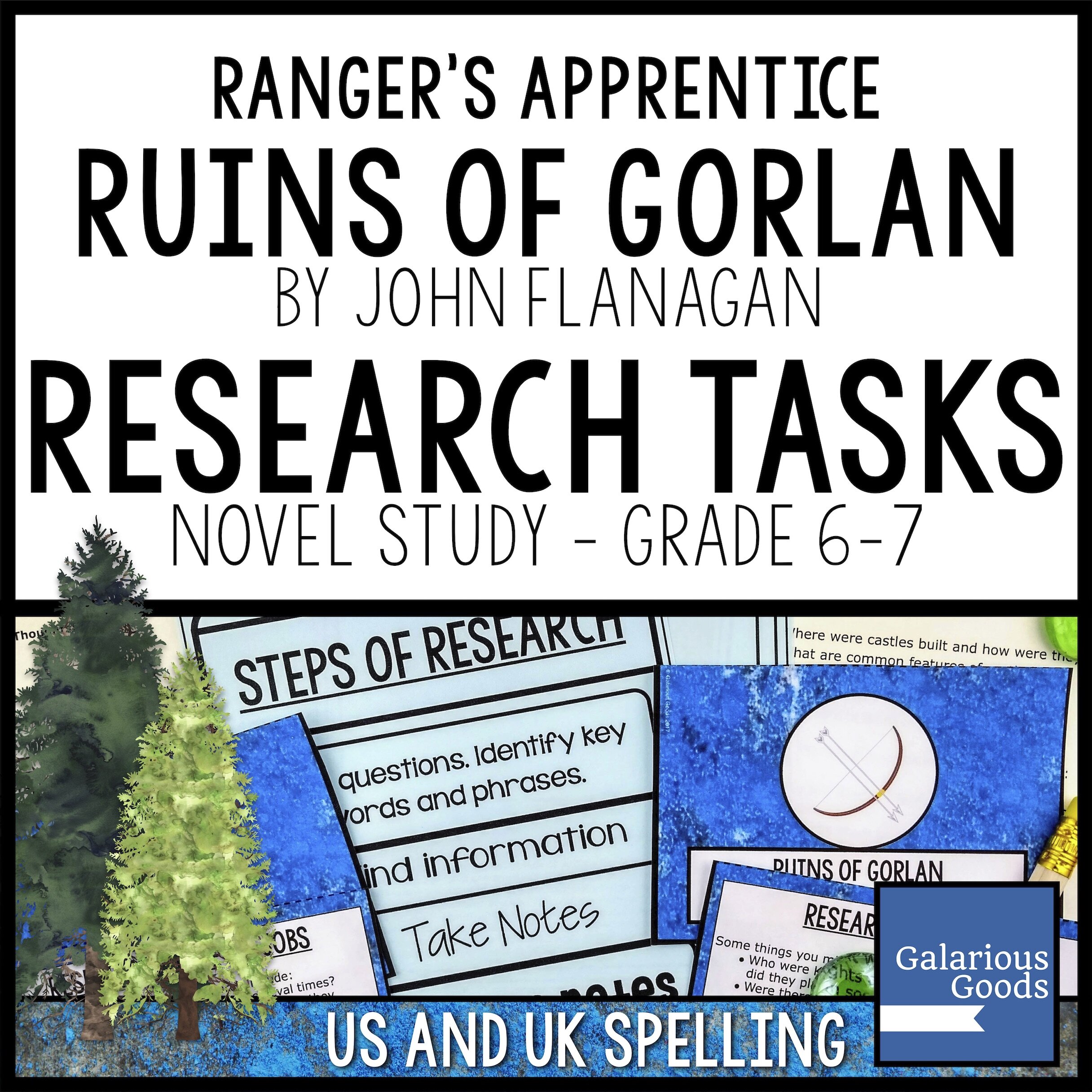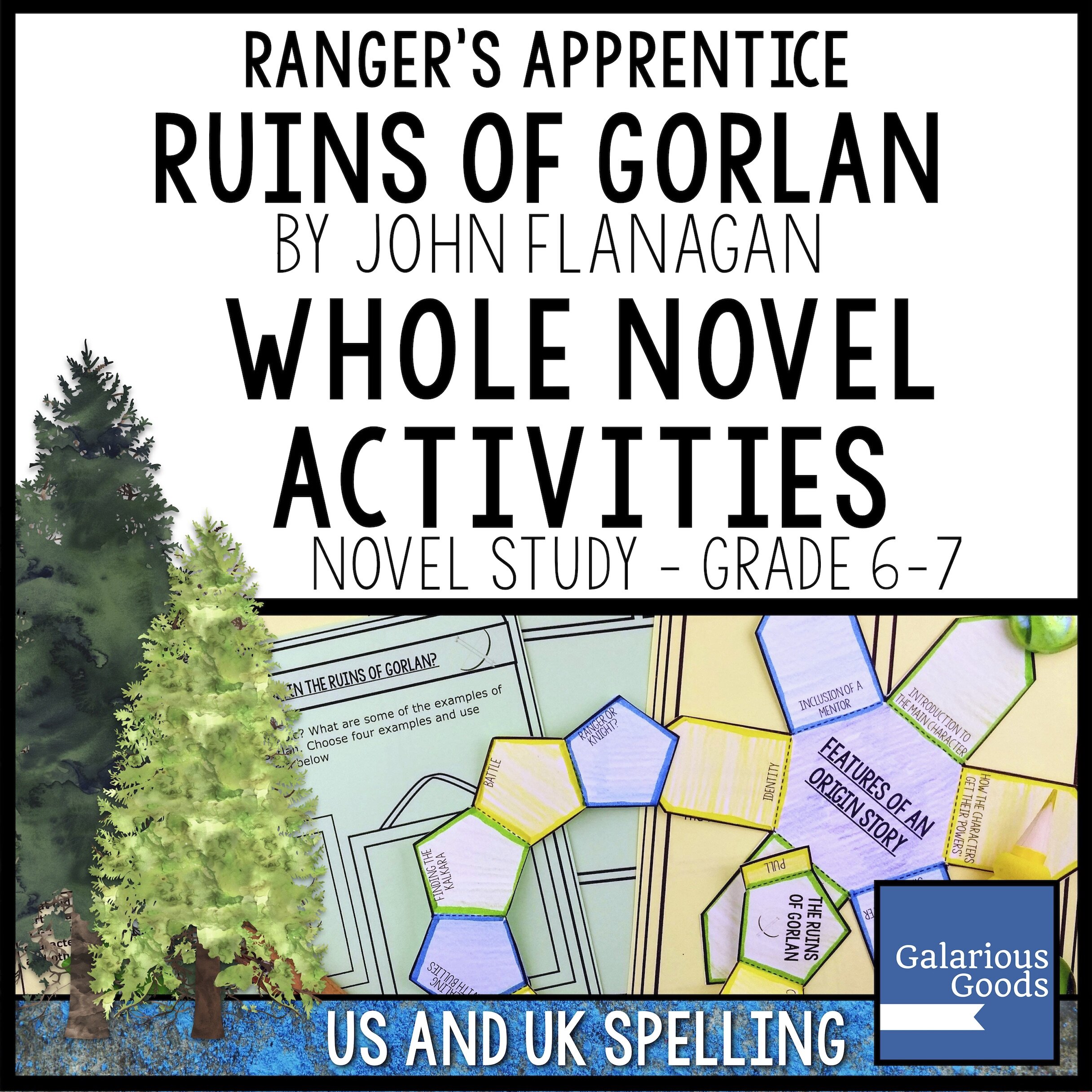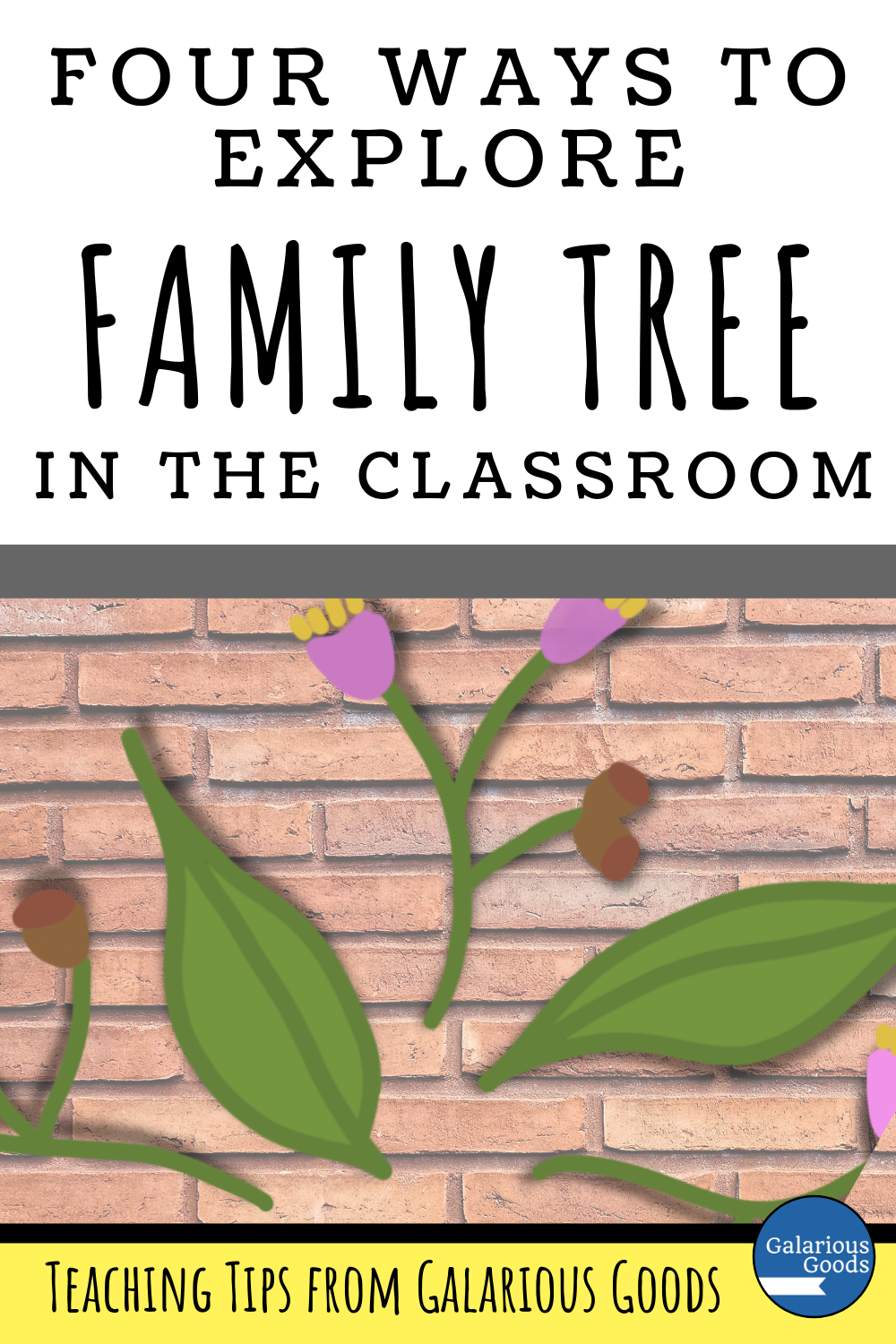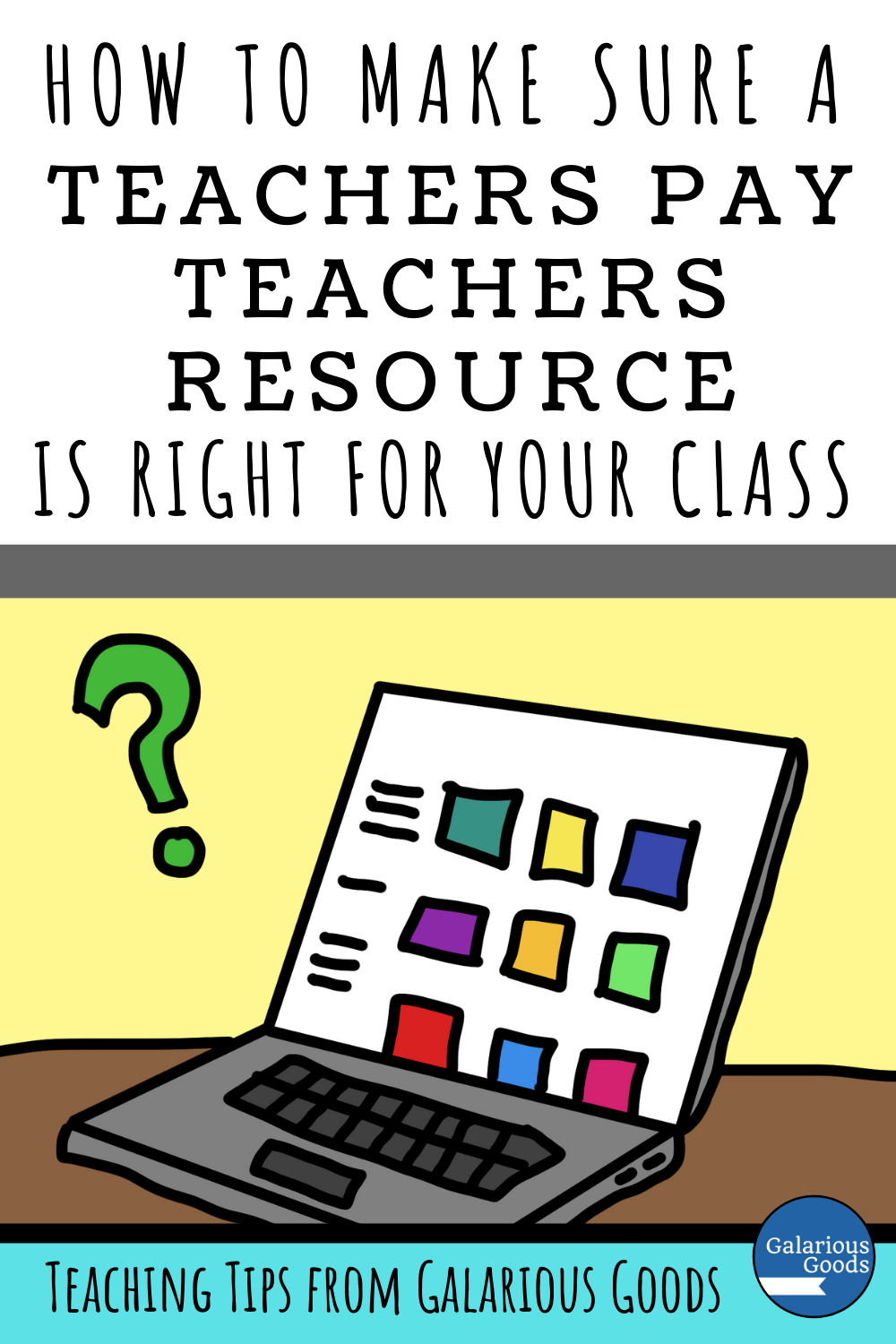Lessons from Three Characters in The Ruins of Gorlan (Ranger's Apprentice #1)
/In my last post I talked about The Ruins of Gorlan, the first Ranger's Apprentice book by John Flanagan and why I thought it would be a great read for the classroom. Here I'd like to spend a bit of time talking about some of the characters and the lessons they can inspire in the classroom.
Will
Will is an orphaned ward of Redmont Fief and knows nothing about his past. He's small, but nimble, and uses his climbing and hiding skills to get himself in and out of trouble. He aspires to be a knight, but is instead chosen as an apprentice to the mysterious Ranger.
The use of orphans in children's stories is a familiar topic, but it's definitely one worth revisiting with students. Why do authors choose to revisit the orphan storyline? What does it add to the story? How would the story be different if Will (or other famous orphans of children's literature) were not orphans? What similarities are there between Will's story and the story of other orphans?
Will's lack of knowledge about his past is also an interesting area to explore. Students could look into how family history shapes characters and how it shapes us as individuals. They could look at family stories and the narratives they create.
Horace
Like Will (and three of the other young characters in the story), Horace is an orphan and a ward. However, he gets his wish and is placed into battle school as an apprentice Knight. Despite having a natural ability with the sword, Horace finds the experience isolating and miserable - due to the behaviour of others and the lack of cultural knowledge he has around the battle school.
Horace's struggles at battle school are really interesting. On paper he's the perfect candidate, but he doesn't understand what the culture of the school is supposed to be like and has no one to ask about it. This leaves him open to abuse at the hands of older students. Students can investigate the idea of 'belonging' and 'culture' and talk about why it might be hard to be a new student at a school or a new immigrant to a country.
There's also opportunities to discuss bullying through this story - and how to deal with it. Horace doesn't deal with it particularly well and students might like to propose different ways he could have approached the situation.
Halt
Halt is the Ranger of Redmont Fief and Will's mentor. Little is known about him or his past, but he carefully guides Will to learn the skills necessary to become a Ranger. As Will gets to know Halt, he discovers that Halt has played a pivotal role in defending Araluen in the past - and that this experience will assist them in dealing with growing danger.
Halt's role as mentor is a familiar role in fiction and non-fiction stories. Students can compare mentors from different narratives and look at differences and similarities. They can also look at biographies and memoirs of notable people and identify mentors to real life people. Students may also like to identify the features of a mentor.
Have you used the Ranger’s Apprentice books in your classroom? Who is your favourite character?
Related posts to read:

